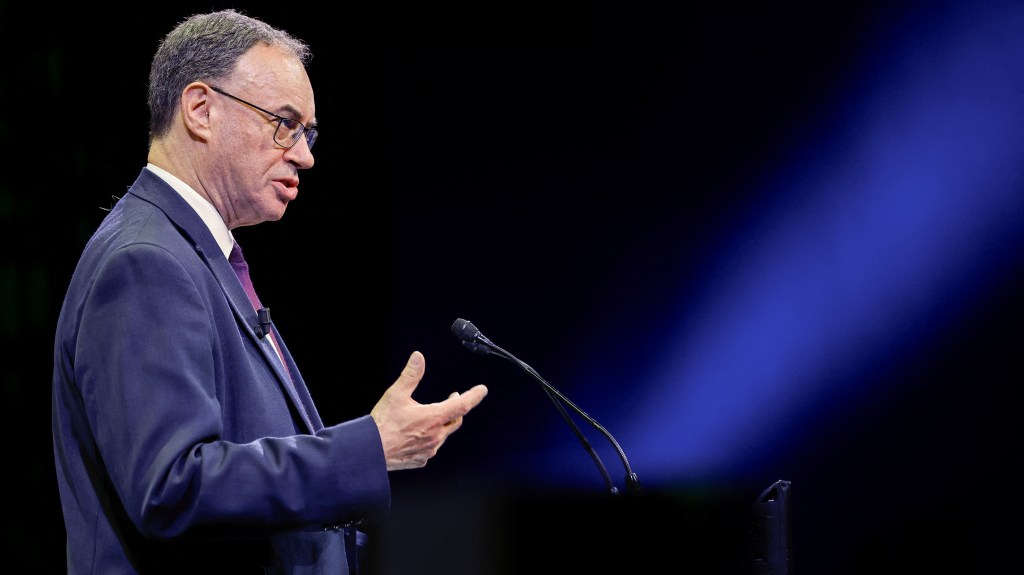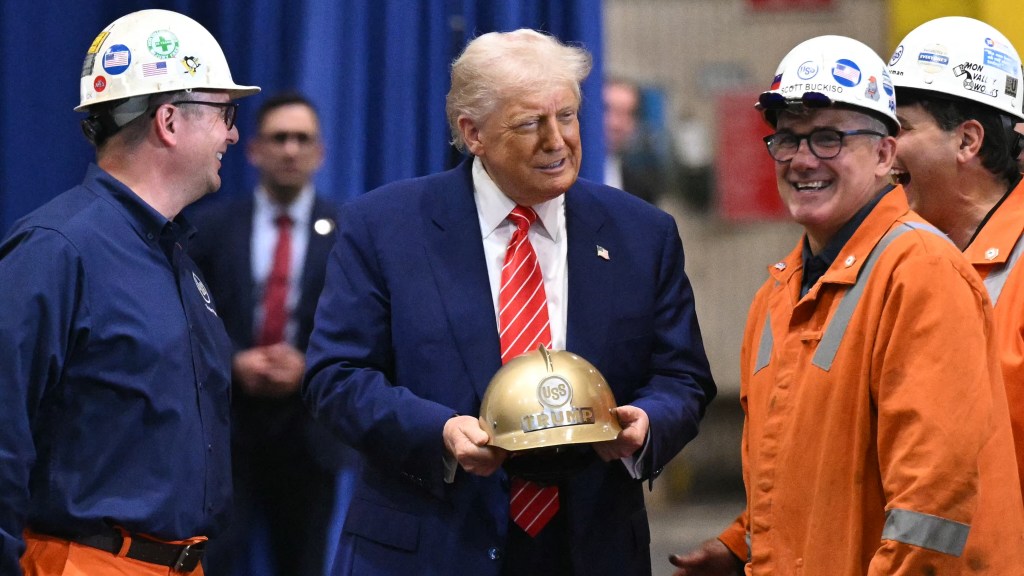Andrew Bailey Questions Timing of Interest Rate Reductions
Andrew Bailey, the Governor of the Bank of England, testified before the Treasury select committee, expressing skepticism about the pace of potential future interest rate cuts. He asserted that President Trump’s tariffs have significantly disrupted the established rules-based international trading system that has prevailed since World War II.
In his two-hour session with Members of Parliament, Bailey explained that it would be misguided for the global economic community to overlook the concerns surrounding world trade that prompted Trump’s so-called liberation tariffs, implemented in early April.
Bailey, who previously served as the head of the Financial Conduct Authority, emphasized that dismissing the US administration’s stance as merely misguided overlooks legitimate signs of stress within the global trading system. He called for an end to the escalating tensions surrounding international trade, advocating instead for the rebuilding of multilateral trade relationships. He highlighted the serious consequences that abandoning the rules-based system could have on the world economy.
Bailey acknowledged existing problems within the current trading system, stating that while it has not functioned as intended, abandoning it entirely would lead to greater complications on a global scale.
In recent remarks, President Trump has intensified his focus on global trade, accusing China of breaching a 90-day tariff truce and indicating a shift from his previously conciliatory approach. He has also announced plans to increase tariffs on imported steel, raising them from 25 percent to 50 percent.
This week, China countered Trump’s assertion, claiming the US had violated the tariff agreement, raising the possibility of renewed trade conflicts between the two largest economies. Following negotiations in Geneva, both nations had temporarily agreed to lower tariffs by 115 percentage points for three months.
Bailey highlighted that the trade situation between the US and China remains central to ongoing economic discussions.
When pressed by policymakers for predictions regarding future interest rate cuts, Bailey refrained from making any forecasts about the outcome of the upcoming June meeting, particularly after April’s inflation rate surged to 3.5 percent, the highest since January 2024, up from 2.6 percent the previous month.
Nonetheless, he reaffirmed that the trend for interest rates is expected to decline. During the latest monetary policy committee meeting in May, Bailey and four other members voted to reduce borrowing costs by 0.25 percentage points, adjusting the base rate to 4.25 percent.
Since reaching a peak of 5.25 percent last August, interest rates have been lowered on four occasions. Bailey noted that the central bank aims to maintain inflation around 2 percent in the medium term, with expectations that it will hover near 3 percent for the next year.
Bailey indicated that the unpredictable nature of Trump’s tariff policies has added significant uncertainty regarding the timing and extent of future interest rate decreases.
He stated, “The speed and depth of any rate cuts are now shrouded in considerable uncertainty, frankly.” He underscored the importance of moderating wage growth, describing it as pivotal for facilitating additional interest rate reductions in the upcoming months. He expressed that wage decreases are anticipated in the current year and emphasized the necessity of cautious judgment surrounding pay awards, aligning with the Bank of England’s latest guidance.




Post Comment